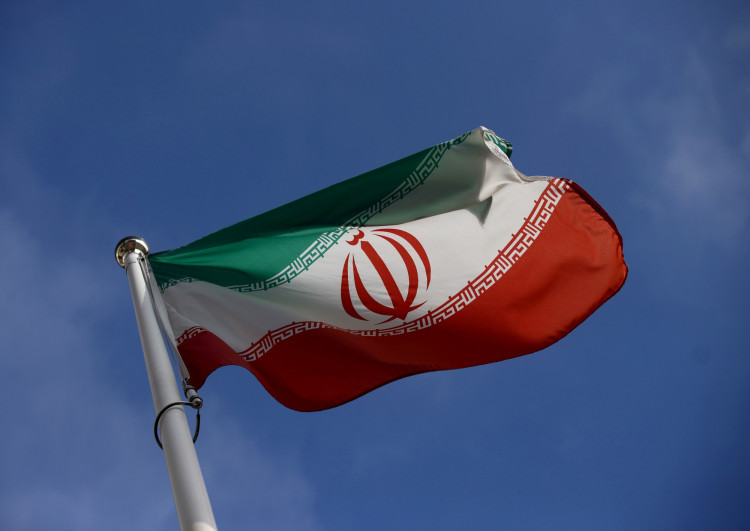A drone attack in Jordan has reignited the embers of contention between the United States and Iran, casting a long shadow over the precarious balance of power in the region. On an otherwise unremarkable Sunday, the tranquility of Tower 22, a U.S. military base in northeastern Jordan, was shattered as a drone, reportedly deployed by Iranian-affiliated militants, claimed the lives of three American servicemen and inflicted injuries on numerous others.
This brazen act of aggression has thrust the Biden administration into a delicate position, balancing the imperative for a resolute response with the overarching goal of averting a broader regional conflict.
Iran's riposte to the anticipatory murmurings of U.S. retaliation was swift and unequivocal. Hossein Salami, the chief of the Iranian Revolutionary Guards, issued a stern warning, asserting, "We hear threats coming from American officials, we tell them that they have already tested us and we now know one another," according to semi-official Tasnim news agency reports cited by Reuters. "No threat will be left unanswered," Salami added, delineating a stance of resolute defiance.
Amir Saeid Iravani, Iran's envoy to the United Nations, echoed this sentiment, articulating to Iranian journalists, as reported by The Associated Press, "The Islamic Republic would decisively respond to any attack on the county, its interests and nationals under any pretexts." This chorus of warnings underscores Tehran's readiness to engage in a tit-for-tat escalation, should the U.S. choose to cross the Rubicon of direct military action.
Within the corridors of the White House, the calculus of retaliation is being weighed with a keen awareness of the broader implications. John Kirby, the National Security Council spokesman, intimated that the U.S. response might comprise "multiple actions," signaling a potentially multifaceted approach to the crisis. The strategic ambiguity of this statement leaves room for a range of actions, from diplomatic démarches to targeted military strikes, each carrying its own set of repercussions and potential for escalation.
Experts in international relations and military strategy are closely monitoring the unfolding situation, offering insights into possible U.S. courses of action. Avi Melamed, a former Israeli intelligence official, suggested to Newsweek, "The U.S. response should be guided by understanding the difference between an attack on Iran itself with disrupting its allied groups that are pushing Tehran's 'hegemonic vision' for the region."
Melamed's analysis points to a calibrated response that targets Iranian proxies without engaging Iranian assets directly, a maneuver designed to avoid a full-scale confrontation.
Echoing this sentiment, Michael Butler, an associate professor of political science at Clark University, speculated to Newsweek about the likely trajectory of U.S. retaliation. "I'd expect a calibrated escalation that seeks to inflict significant costs on Iran without directly attacking high-value military targets inside of Iran," Butler remarked. This perspective underscores a preference for a measured response that penalizes Iran's regional proxies while steering clear of actions that could trigger a broader war.
As the Biden administration deliberates its next move, the specter of Iranian retaliation looms large, with Tehran's leadership making it abundantly clear that any perceived aggression will be met with a robust counter-response. The intricate dance of deterrence and retaliation playing out between Washington and Tehran not only shapes the immediate security landscape of the Middle East but also bears profound implications for the global order, underscoring the high stakes involved in this geopolitical chess game.




